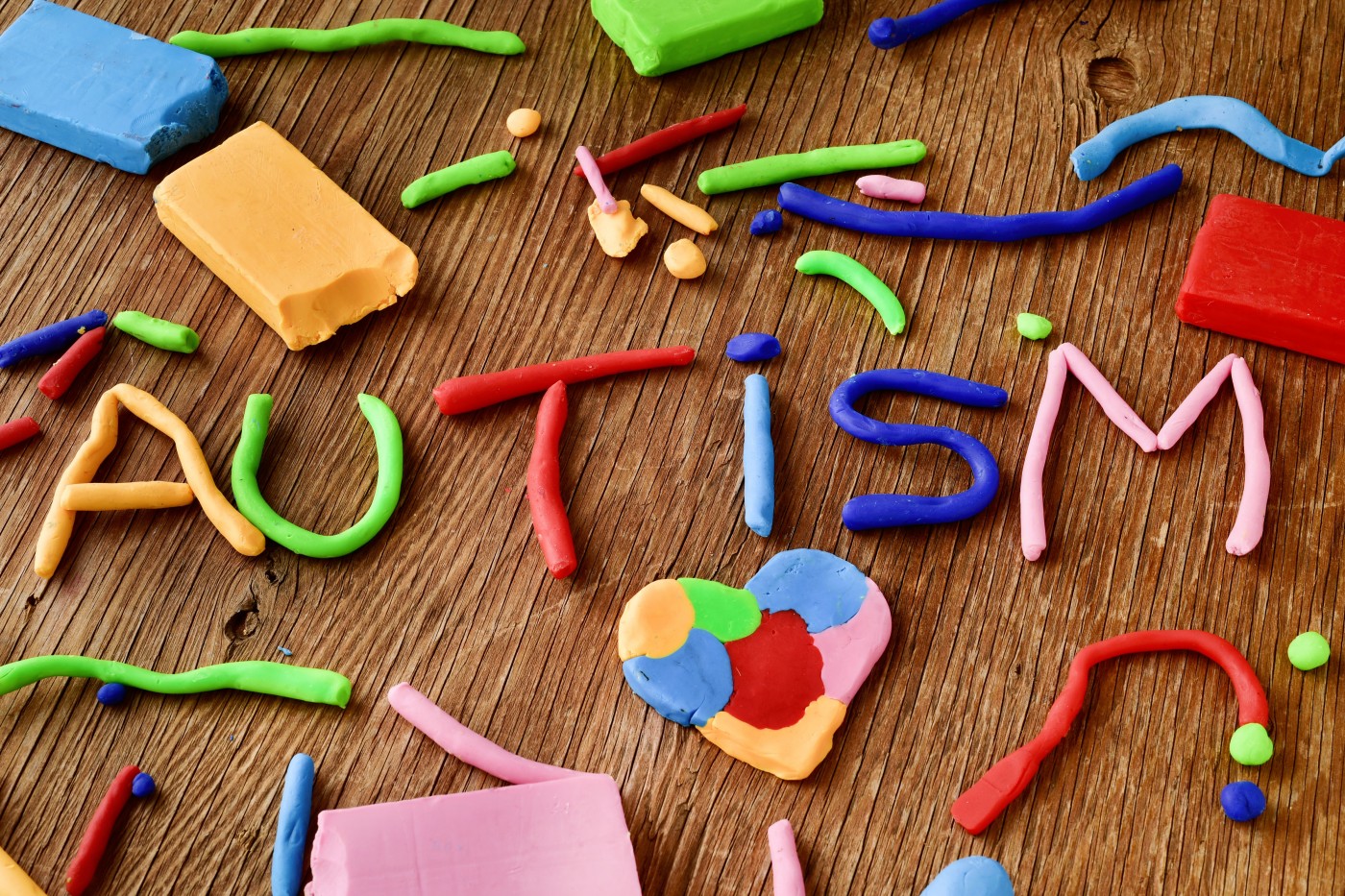Cancer Gene Contributes to Mitochondrial DNA Loss in Autism, Research Shows

Autistic children have increased rates of mitochondrial DNA (mtDNA) deletions compared to healthy children – a finding that, surprisingly, is mirrored in the mtDNA copy numbers of their fathers. This odd circumstance is likely linked to deficits in the cancer gene p53, also found defective in the father-child duos. The study, “Role of p53, Mitochondrial DNA Deletions, and Paternal Age in Autism: A Case-Control Study,” was published in the journal Pediatrics.
The research, performed at the University of California at Davis MIND Institute, is part of a large study investigating both genetic and environmental risk factors for the development of autism, called CHARGE.
Researchers have earlier suspected that the p53 gene, well-known for its involvement in cancer, might also play a role in autism. Mice that lack the gene have developmental abnormalities, and studies also reported that cellular pathways related to the gene are affected in autism patients.
The team analyzed blood samples from 66 children ages 2 to 5 with autism, and 46 healthy children in the same age group. Researchers also analyzed blood samples obtained from both parents of all the children.
Researchers found both p53 deficiencies and lower mtDNA copy numbers in autistic children and their fathers. Fathers of sick children had twice as many mtDNA deletions as fathers of healthy children. The deficits were more pronounced in children with more severe autism.
Since mtDNA is passed on only from the mother, it might seem strange that the deficits were observed also in the fathers. The explanation is p53. Among its other functions, p53 is crucial for repairing and maintaining mtDNA copy numbers, protecting the DNA from environmental stress. Mutations in the cancer gene p53 in the father can, therefore, affect mitochondria in their children.
“Our study suggests a link between DNA repair capacity and genomic instability in this genetic region, influenced by environmental triggers,” said senior study author Cecilia Giulivi, professor and director of the Redox Biology Lab at UC Davis, in a press release.
Researchers further found that in the children with more severe autism, the mtDNA deletions and changes in p53 were a result of genetic mutations. On the other hand, in children with less severe disease, loss of mtDNA was a consequence of interactions between the environment and genes.






